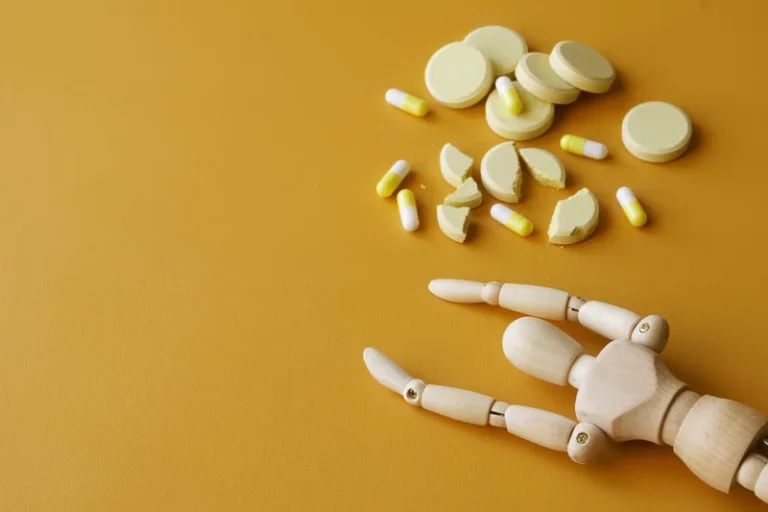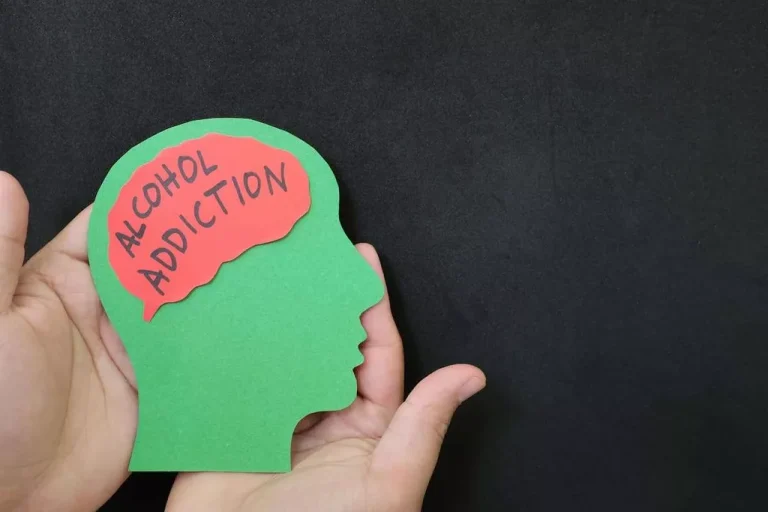
Alcohol affects the central nervous system, the circulatory system, and virtually every part of your body. Drinking can increase your heart rate and widen blood vessels in your skin. A person may not experience any symptoms or signs of liver damage or scarring, which people call cirrhosis, until the liver is badly damaged. However, hot flashes and sweating can also affect other people, since alcohol can affect the endocrine system. This system makes and secretes hormones that can contribute to these symptoms. Some activities that you think provide relief may end up making you feel hotter.

Alcoholics Anonymous
- If you believe you may be struggling with an alcohol use disorder or alcohol abuse, seek medical advice.
- The natural tendencies of your body — to detect cold, for example — are there to protect you from frostbite or hypothermia.
- Night sweats can be a side effect of alcohol consumption, alcohol intolerance, or alcohol withdrawal, largely because alcohol affects the central nervous system.
- There are many different treatment options available to those struggling with alcoholism.
- Alcohol-related liver disease also does not usually cause symptoms until the liver is severely damaged.
- They can help you determine if there is a problem and assist you in finding healthcare treatment programs.
Studies have shown that daytime alertness decreases the day following a night of heavy alcohol consumption. Sweating typically occurs at night and is excessive enough to wake the body because of the discomfort and humidity. It can also happen during the day, urging the individual to get their first drink of the day. Withdrawal symptoms can be triggered within a few hours of having your last drink, and for some people, they can begin after several days of abstaining from liquor. A healthcare provider will check your symptoms and help determine your next steps.
Is Sweating at Night Normal? Here’s What to Do About It
Night sweats, and similar side effects such as flushing and high body temperature, may last the duration of acute withdrawal. Alcoholism, on the other hand, is a chronic health condition characterized by an inability to control drinking, physical dependence, and withdrawal symptoms when drinking is stopped. If your night sweats are accompanied by other symptoms such as fever, chills, why does alcohol make you hot and sweaty or difficulty breathing, you should seek medical attention immediately. It is also important to see a doctor if your night sweats become more frequent or intense over time. The body processes the alcohol in your system by breaking it down into compounds such as acetaldehyde and ethanol. (4) This process causes a rise in your body temperature, leading to sweating during the night.
Medical professional hub
- Given the likelihood of REM sleep disruptions and frequent waking, it’s not recommended that anyone use alcohol to treat their insomnia symptoms.
- People with this condition can be at a higher risk for alcohol-related hypertension and esophageal cancer.
- Its relaxing properties make alcohol seem like a surefire way to sleep at night.
- The best way to reduce both of these skin reactions is to reduce or eliminate alcohol consumption entirely.
New research suggests the risks of even moderate or light drinking may outweigh the benefits. In June, the World Health Organization said that no level of alcohol consumption is safe for our health. And a new study funded by the National Institutes of Health found that binge drinking among adults ages 35 to https://ecosoberhouse.com/article/10-best-alcohol-addiction-recovery-books/ 50 has reached historic levels. These previously mentioned signs could mean you suffer from alcohol addiction, including night sweats. Since many people do not tell their providers that they’re sweating at night, there have not been a lot of research studies on night sweating in the general population.

Why Does Alcohol Make Me Sleepy? Exploring the Science Behind Drowsiness
Their reaction is often best described as a “flush,” characterized by redness, sweating, and hot or burning sensations on the face and other body parts. People with this condition can be at a higher risk for alcohol-related hypertension and esophageal cancer. All three of these conditions happen for different reasons, and can vary in severity. The central nervous system (CNS) helps to regulate body temperature, blood pressure, and heart function. Limiting alcohol consumption and drinking in moderation are also recommended for overall health. The recommendation to drink a hot toddy for a cold is based on several different factors.

Going for a stress test? Here are 6 things to avoid
The relationship that binge drinkers have with alcohol is unhealthy. Alcohol affects the nervous system and can cause your blood vessels to tighten, which results in increased blood pressure. When Health Shots got in touch with Dr Jinendra Jain, Consultant Physician, Wockhardt Hospital, Mira Road, Mumbai, and asked why people often experience sweating or hot flashes after drinking alcohol.
